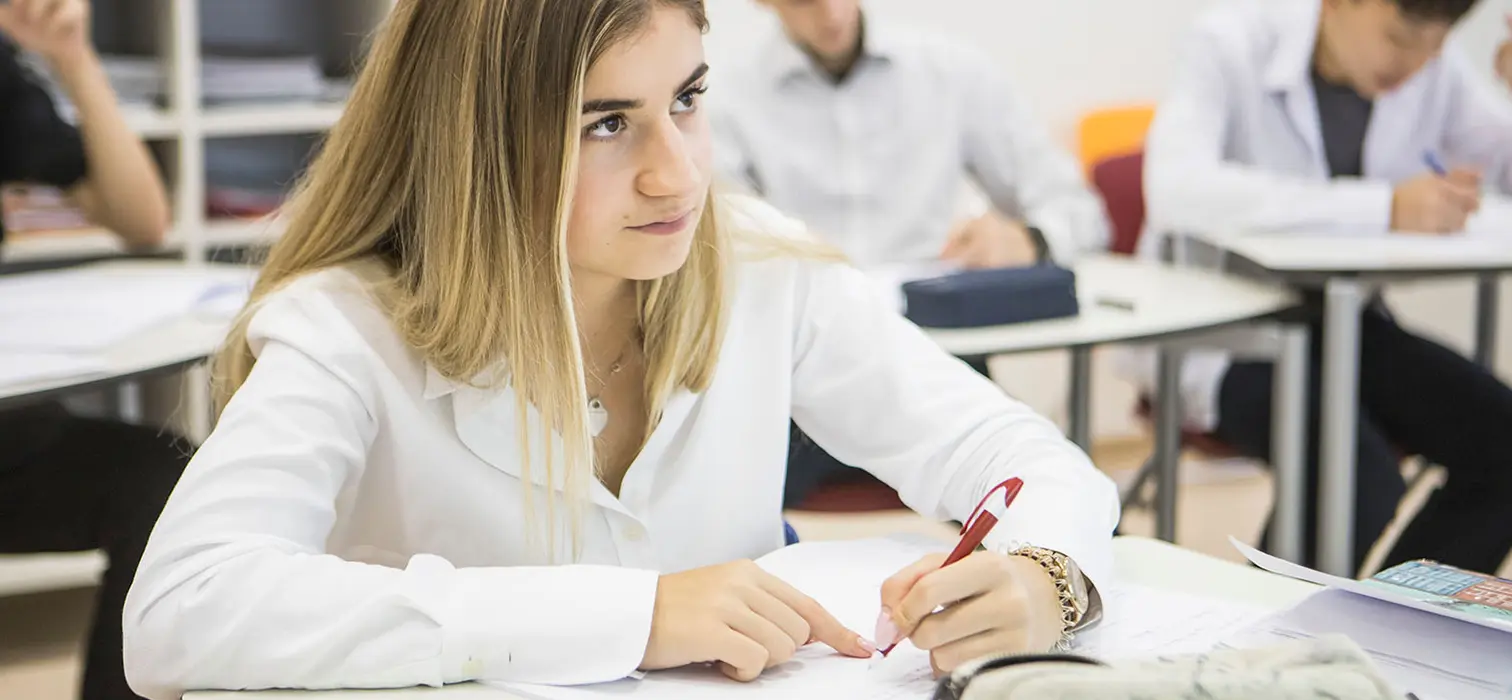The advantages of foreign education

Education is usually called investment in the future, but the meaning of this phrase becomes clearer, if you put it another way: not only employment and career, but also the person’s social environment, and therefore his life interests and priorities depend on the chosen educational system.
That is why today many far-sighted parents choose foreign education as the basis for the successful future of their children.
Foreign education system: features and differences
According to the assessment of the Organization for Economic Co-operation and Development (OECD), Russia is in the TOP-5 countries in terms of the quality of secondary school graduates' education. However, obtaining the desired certificate is frequently accompanied by children's tears, scandals with school leadership, stress among students and their parents.
It seems to us that a system in which students do not have homework can't exist. We cannot believe a student can rest for the second year just to improve his knowledge.
Features of high school in different countries
A special program for the international assessment of students developed by OECD (the so-called PISA test) shows that the skills of 15-year-old students are almost the same in Russia, the USA, and the UK.
It's no secret that in Russian schools it is customary to rely on an extensive approved curriculum when the chief task of the student is to maximize his mastery.
Let us try to understand how education systems in foreign countries differ by comparing “our” approaches to teaching children with “their” principles and methods. For example:
|
USA
90% of American children attend free public schools, but there is no strict curriculum, and the academic standards are set at the state’s level. There are no "classes" that are habitual for us in the USA: students are redistributed annually according to new teams, and the last part of the studies is organized according to an individual plan. We note that in high school, instead of physical education lessons, students practice the chosen sport at a professional level. Education in the USA begins at 5-8 years, the academic week counts 4-5 days. The academic year lasts from September to June and is interrupted three times during holidays, group projects dominate in homework. |
Great Britain
The British education system assumes the presence of a sufficiently large number of private schools, including the remarkable boarding schools - closed educational institutions with traditional and non-negotiable conditions and rules of studying and residence. The academic process on the Foggy Albion starts for children from 4 years old and lasts until 18-19 years (11 or 13 classes), three academic semesters are separated by six vacations, students have regular homework from primary school. |
As you can see, there are significant differences in the education system of different Western countries, however, the characteristics that unite all Western schools are:
- inclusiveness;
- focus on the development of personality;
- the priority of independent knowledge acquisition and self-improvement.
Developing social skills as part of the education system
A distinctive feature of education in Western countries is also great attention to the development of social skills. It is considered here: the ability to effectively apply knowledge and achieve a goal is sometimes more important than purely academic success.
Thus, Western education necessarily includes training “soft skills” - the development and cultivation of leadership qualities. The most important social skills that a student will need in life include:
- ability to work in a team, to see a common goal and go towards it in choosing an optimal way;
- creativity, multivariance of the proposed solutions;
- sociability, ability to make contacts and make a good impression;
- curiosity, intellectual interest, the desire for knowledge of the world;
- organizational skills and leadership as a tool for decision making and implementation;
- positivity, the ability to select from all possible assessments of the situation one that will allow you to continue moving forward even with failure.
Improvement of each of these skills needs well-established techniques. In addition, in the UK, for example, schoolchildren are frequently involved in real social work while still in school. And in the USA, such sciences as psychology, political science and sociology are offered to students in high school.
Unfortunately, the advantages of primary and secondary schools remain the prerogative of those living in the territory of a particular country: while higher education abroad annually becomes the choice of thousands of our fellow citizens, there is no generally accepted practice to send children to study in our country.
What would you say if we tell you, that you can get a foreign education in Russia? There is such an opportunity - find out more about it right now by phone +7-800-775-42-70.
CIS International School
The non-governmental educational organization CIS International School is a member of ECIS (European Council of International Schools), accredited by the Cambridge Association of International Education (CAIE) and licensed by the Russian Federation to teach the state program.
The campuses in Moscow, St. Petersburg and Tashkent are the practical implementation of the advantages of traditional British education, combining the high level of teaching disciplines with the development of social skills.
The unique advantages in the CIS, the principles of training can be considered:
- the opportunity for students to express their opinions freely;
- respect for the values, views and ideas of each student;
- a free and constructive dialogue between teachers and students.
CIS International School has the right to use Cambridge international academic programs in the educational process, and CIS graduates enter the most prestigious educational institutions in the world.



